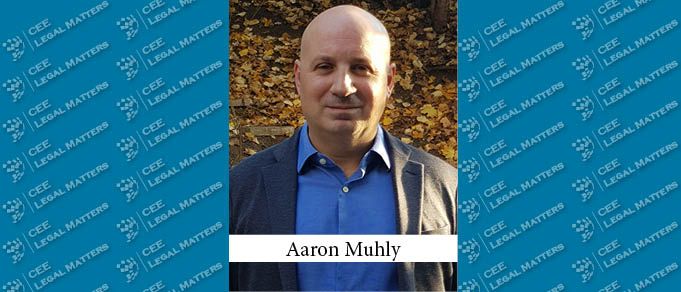Lawyers know that business development requires a handful of sales skills, a pinch of luck, and a boatload of persistence. Freaking BD persistence… it’s a serious problem for all of us. We didn’t go to law school to do sales.
Why is BD so annoying for us? And, how can law firms be smarter about managing our persistence struggles? Read on to find out.
Pessimism: The Persistence Killer
Once upon a time, a US life insurance company (Metropolitan Life) had a major problem – their salesmen sucked. The company’s CEO discovered that the company was burning tens of millions of dollars because it was hiring the wrong people (50% of new sales staff quit in the first year). So, the CEO did the smart thing and called Professor Martin Seligman.
Seligman is a leading researcher in positive psychology. He investigates the link between a person’s mindset and personal and professional success. The CEO challenged Seligman to set up a psychological test for hiring successful salespeople. In response, Seligman delivered a test that positioned job candidates on a scale from super-optimistic to super-pessimistic. He predicted that higher levels of optimism would lead to greater sales success.
He was right. When salesmen tested in the more optimistic half of the class, they were 50% less likely to quit in the first year. They also outsold the less optimistic half of the class by 20% (and the top quarter outsold the bottom quarter by 50%).
To understand the “why” behind these results, just imagine that you sell life insurance. Your job is to call people and ask “Hey, have you thought about dying recently?” As you can imagine, almost everyone is going to hang up on you. That’s a lot of rejection, and you need the right mindset to survive it. If you are a pessimist, you will likely explain this rejection by blaming yourself (e.g., I am just not good at this crap). Once you have collected a sufficient amount of self-blame, you are going to give up and quit. But, if you are an optimist, you will probably react to such rejection in a more positive manner (e.g., they were just in a bad mood). As a result, you will find it much easier to shrug off the rejection and keep selling (i.e., stay persistent).
Optimistic Lawyers: Are you Kidding?
Unfortunately, you are probably destined to struggle with BD (i.e., high-rejection sales) because it’s unlikely that you are an optimist. According to Seligman, most top lawyers fall into the pessimist category. He backs up this belief with a cool study that he ran with Jason Satterfield and John Monahan at the University of Virginia’s law school. Based on this study, pessimists are much more successful in law school – they get better grades, and they get better job offers.
But we don’t need Seligman to tell us this. Every lawyer knows in their heart that our industry is filled with pessimists. Think about our job – we need to spend most of our days focusing on the dark side of life – legal risks, issues, and mistakes. This is not a land for super-optimists.
If BD needs optimists and lawyers are mostly pessimists, I don’t think law firms are managing BD in a smart manner. We can’t just pretend that BD is a normal part of a lawyer’s job. We definitely shouldn’t live in the fantasy that making lawyers fill out BD plans and calendars is going to suddenly fix our persistence issues.
Stay Tuned
In Part 2, I will discuss how law firms can improve their BD by directly addressing this pessimism dilemma.
Aaron Muhly is an American lawyer who has been training European professionals on clear writing and effective communication for over 15 years.
This Article was originally published in Issue 9.8 of the CEE Legal Matters Magazine. If you would like to receive a hard copy of the magazine, you can subscribe here.






















